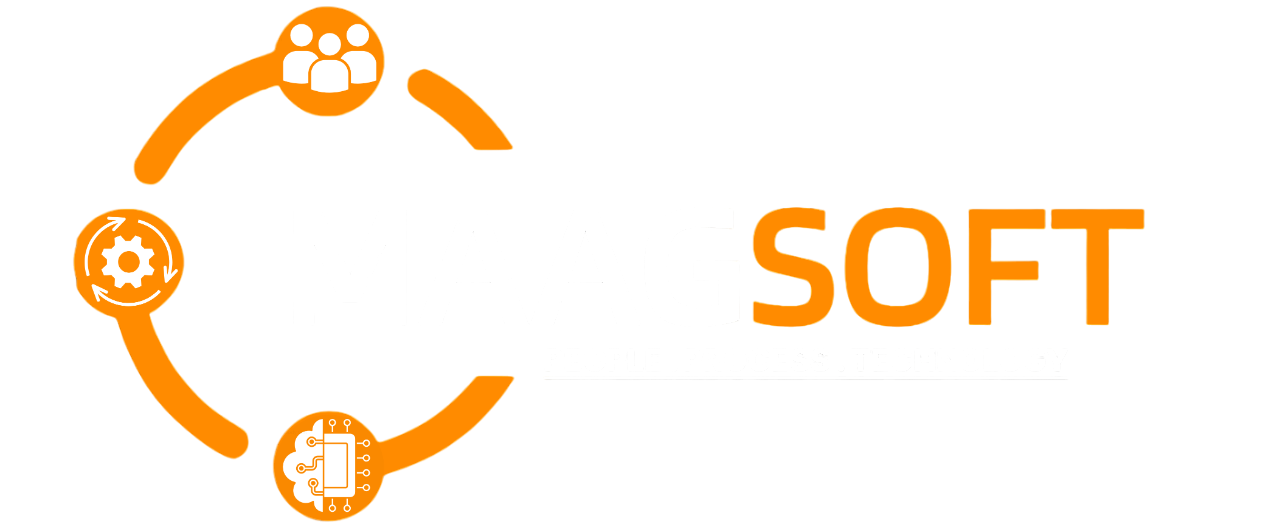
The power of Artificial Intelligence (AI) is reshaping industries at an unprecedented pace. From self-driving cars to smart assistants, AI’s ability to learn and analyze data is driving innovation across the board. Healthcare is no exception. AI is making significant inroads, transforming how we diagnose and treat diseases, ultimately leading to better patient outcomes.
This exploration will delve into the exciting world of AI in medicine. We’ll uncover its impact on:
- Medical diagnosis: How AI is assisting doctors in pinpointing diseases with greater accuracy and efficiency.
- Treatment planning: How AI is helping to personalize treatment plans for individual patients, leading to more effective interventions.
- Drug discovery: How AI is accelerating the development of new life-saving medications.
- Personalized medicine: How AI is paving the way for a future of medicine tailored to each patient’s unique needs.
1: How AI is Transforming Medical Diagnosis
The field of medical diagnosis is undergoing a remarkable transformation fueled by Artificial Intelligence (AI). AI’s ability to analyze vast amounts of data is proving invaluable in detecting diseases earlier, improving diagnostic accuracy, and streamlining the entire process.
1.1 AI in Imaging and Radiology
Radiology, the medical specialty that deals with interpreting medical images like X-rays, MRIs, and CT scans, is a prime beneficiary of AI. AI algorithms are trained on massive datasets of medical images, enabling them to identify subtle abnormalities that might escape the human eye. This translates to:
- Improved Accuracy: AI can detect even the most nuanced signs of disease, leading to a significant reduction in missed diagnoses.
- Faster Analysis: AI can analyze complex images in seconds, significantly reducing turnaround times for crucial diagnoses, especially in emergency situations.
These AI-powered imaging tools are becoming crucial partners for radiologists, enhancing their diagnostic capabilities and efficiency.
1.2 AI in Pathology
Pathology, the study of diseases by examining tissues under a microscope, is another area where AI is making waves. AI algorithms can analyze digital pathology slides, identifying patterns and classifying cells with remarkable accuracy. This can be particularly beneficial in:
- Biopsy Analysis: AI can analyze biopsy samples to differentiate between cancerous and healthy cells, aiding in early cancer detection. This can lead to quicker treatment interventions and improved patient outcomes.
The ability of AI to analyze vast numbers of slides with high accuracy is revolutionizing the field of pathology, offering significant advancements in disease diagnosis, particularly for complex conditions like cancer.
1.3 AI in Predictive Analytics
AI’s power extends beyond analyzing existing data to predicting future health outcomes. By analyzing a patient’s medical history, genetic makeup, and lifestyle habits, AI algorithms can:
- Predict Disease Outbreaks: Identify individuals at high risk of developing specific diseases, allowing for early intervention and preventive measures.
- Personalize Risk Assessments: Tailor preventive healthcare plans for individual patients based on their unique risk factors.
This predictive power of AI holds immense potential for preventive healthcare, allowing us to shift the focus from reacting to disease to proactively preventing it.
2: How AI is Transforming Medical Treatment
AI’s impact extends far beyond diagnosis, playing a crucial role in shaping the future of medical treatment. From assisting surgeons in the operating room to personalizing treatment plans, AI is transforming how we approach patient care.
2.1 AI in Surgery
The world of surgery is witnessing a revolution with the emergence of AI-assisted robotic surgery. These intelligent surgical robots, controlled by human surgeons, offer a range of benefits:
- Enhanced Precision: AI algorithms provide surgeons with real-time data and guidance, enabling them to operate with unmatched precision and minimal invasiveness.
- Reduced Complications: The increased precision of robotic surgery translates to quicker recovery times and a lower risk of complications for patients.
AI-powered surgical robots are already making headlines with successful applications in:
- Minimally Invasive Procedures: AI is assisting surgeons in performing complex procedures through smaller incisions, leading to faster patient recovery.
- Brain Surgery: AI’s ability to map the intricate structures of the brain is proving invaluable in delicate brain surgeries.
As AI technology continues to evolve, the possibilities for AI-assisted surgery are boundless.
2.2 AI in Treatment Personalization
One of the most exciting applications of AI in medicine is its ability to personalize treatment plans for individual patients. By analyzing a patient’s medical history, genetic makeup, and response to previous treatments, AI can:
- Identify Optimal Treatments: Recommend the most effective treatment options based on a patient’s unique profile, leading to improved treatment outcomes.
- Optimize Medication Dosages: AI algorithms can personalize medication dosages to ensure maximum efficacy with minimal side effects.
- Tailor Therapy Schedules: Develop personalized therapy schedules that take into account a patient’s individual needs and preferences.
This shift towards personalized medicine, powered by AI, holds immense promise for improving patient outcomes and overall treatment effectiveness.
2.3 AI in Rehabilitation and Therapy
AI is not only transforming medical interventions but also playing a significant role in rehabilitation and therapy. AI-powered tools are being developed to assist patients in recovering from injuries, illnesses, and mental health conditions. Here are some examples:
- Physical Rehabilitation: AI-powered exoskeletons and virtual reality (VR) programs can guide patients through personalized physical therapy exercises, improving their recovery and range of motion.
- Mental Health Therapy: AI chatbots can provide patients with emotional support and cognitive behavioral therapy techniques, offering accessible and convenient mental health assistance.
These AI-driven rehabilitation tools offer promising prospects for improving patient recovery rates and providing ongoing support after treatment.
4: Applications of Machine Learning in Personalized Medicine
The future of medicine is personalized, and machine learning (ML) is at the forefront of this revolution. By unlocking the power of individual genetic data, ML is paving the way for treatments tailored to each patient’s unique needs.
4.1 Genomic Analysis
Our genes hold a treasure trove of information about our health. Machine learning algorithms are adept at analyzing this vast amount of genetic data, leading to:
- Personalized Treatment Options: ML can identify genetic variations that influence how a patient responds to specific medications. This allows doctors to tailor treatment plans based on a patient’s genetic makeup, maximizing treatment effectiveness and minimizing side effects.
- Identifying Genetic Predispositions: By analyzing genetic data, ML can identify individuals at higher risk of developing certain diseases due to their genetic predisposition. This allows for early intervention and preventive measures, potentially preventing the onset of diseases altogether.
AI-powered genomic analysis is transforming the way we approach healthcare, shifting from a one-size-fits-all approach to truly personalized medicine.
4.2 Personalized Treatment Plans
Machine learning algorithms are not just analyzing data; they are actively using it to create personalized treatment plans for individual patients. This involves:
- Integrating Patient Data: ML algorithms take into account a wealth of patient data, including medical history, genetic information, and lifestyle factors.
- Predicting Treatment Response: By analyzing this comprehensive data set, ML can predict how a patient is likely to respond to different treatment options. This allows doctors to choose the most effective course of treatment for each individual.
Case Study: AI in Cancer Treatment
One of the most promising applications of personalized medicine is in cancer treatment. ML algorithms can analyze a patient’s tumor’s genetic makeup to identify the specific mutations driving the cancer. This allows doctors to target these mutations with personalized therapies, leading to more effective treatment and improved patient outcomes.
The potential of AI in personalized medicine is vast, and ongoing research is yielding exciting results across various disciplines.
The Future of AI in Healthcare
The transformative impact of AI on healthcare is undeniable. From revolutionizing medical diagnosis and treatment to accelerating drug discovery and enabling personalized medicine, AI is shaping the future of how we approach health and well-being. As AI technology continues to evolve, the possibilities are boundless. We can expect even more sophisticated AI applications that can:
- Improve Diagnostic Accuracy: AI algorithms will continue to learn and improve, leading to even higher levels of accuracy in medical diagnoses.
- Develop Advanced Treatment Options: AI will play a crucial role in discovering and developing new, more effective treatment options for a wider range of diseases.
- Personalize Medicine Further: AI will enable even deeper analysis of individual patient data, leading to even more personalized and effective treatment plans.
The future of healthcare is undoubtedly intelligent, and AI is at the forefront of this exciting transformation.




